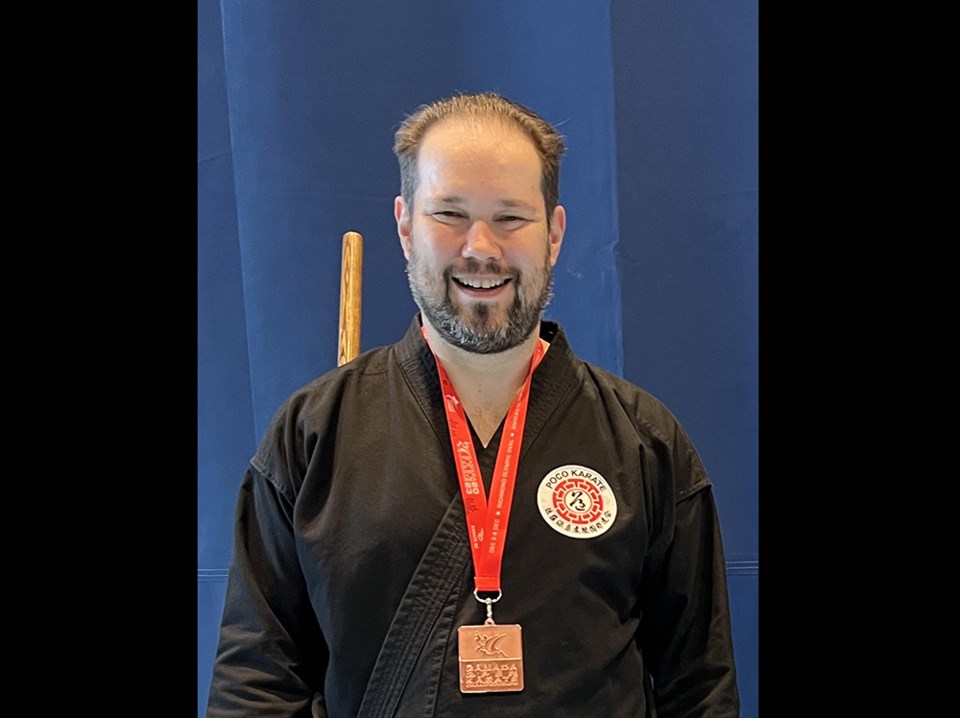For many people, when thinking about personal wellness, we view it from a consumer based mindset.
"I have a problem. Where can I buy a solution?" New Years is always a prime example of this mindset, although significantly amplified. People are reflecting on all the perceived holes in their personal wellness from the previous year, and looking for quick, packaged solutions to patch the holes. We have all done it. In our desperation due to stress, lack of time, and lack of energy, we've said to ourselves, "I'm going to sign up for that gym membership," or "I'm going to book that cruise."
Neither of these things are bad, but often they aren't enough on their own to make a lasting benefit to overall wellness. My alternative approach is that whenever I encounter a problem, I ask myself if there is a personal development opportunity that would help me improve my situation for the longer term. I looked at all of my concerns about my emotional stress, physical health, intellectual well-being, loneliness, existential quandaries, and life's purpose, and realized that with some effort and practice, I could get better and managing and balancing everything.
Wellness is a skill that can be improved with practice. There are many models of how to describe the concept of wellness, and I like to refer to the "Six Dimensions of Wellness" by the National Wellness Institute:
- Physical: Nutrition and exercise
- Intellectual: Cognitive challenge and understanding
- Emotional: Expressing our feelings freely and not allowing them to control us
- Social: Maintaining regular, meaningful connections with friends and family
- Spiritual: Coming to know the unknowable through religion, philosophy, and/or science
- Occupational: Finding our life's purpose
In my personal journey, I have found that practicing and teaching Karate and Kobudo allowed me the opportunity to work on several of the dimensions of wellness.
For example, through mindful meditation and regular kata (forms) practice, I was able to really work on some of my Spiritual, Physical, and Emotional dimensions. And through teaching, I found my Ikigai (Japanese concept of reason for existing), satisfying my Occupational dimension. I was also able to satisfy some elements of my Intellectual and Social wellness through camaraderie at the dojo. With success in improving your wellness, it may be tempting to want to double up on your efforts to try to gain more results. But the key to the skill of wellness is learning to maintain balance.
Even though my training and teaching has offered me immense wellness benefits, there is always some regular effort that needs to be made to maintain balance and to make each of the dimensions of wellness well rounded.
For example, with the level of intensity of my training and teaching (11+ classes per week), I found that it was more rewarding to put more of my time and effort into maintaining my social connections outside of Karate. In conclusion, wellness is a skill that can be improved with practice. The key to the skill of wellness is learning to maintain balance, and this is a personal journey of self discovery for each individual. Refer regularly to the dimensions of wellness and ask yourself if there is an imbalance.
Is one dimension overrunning your life? Is another being neglected? Adjust, reflect, and repeat. - Sensei Jascha Espley, PoCo Karate



